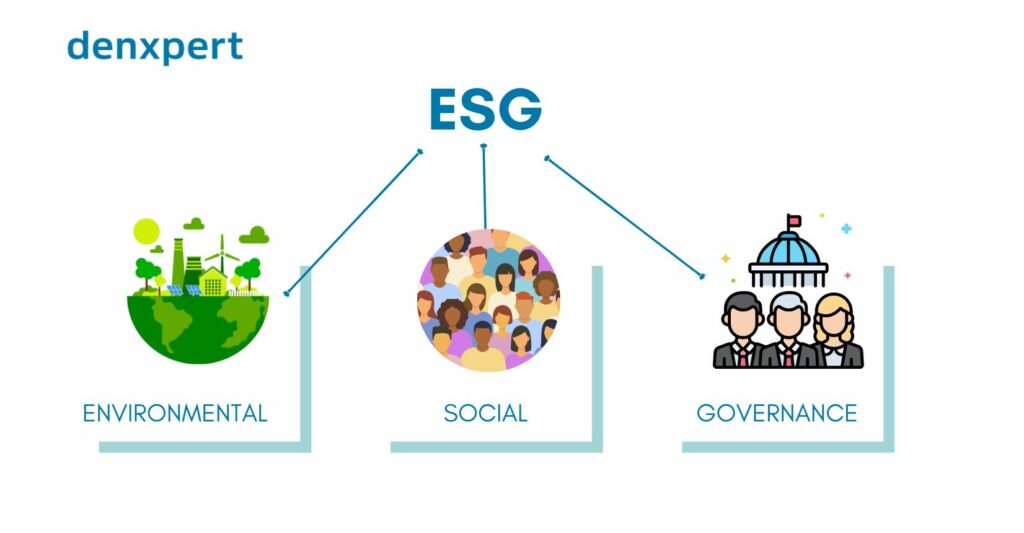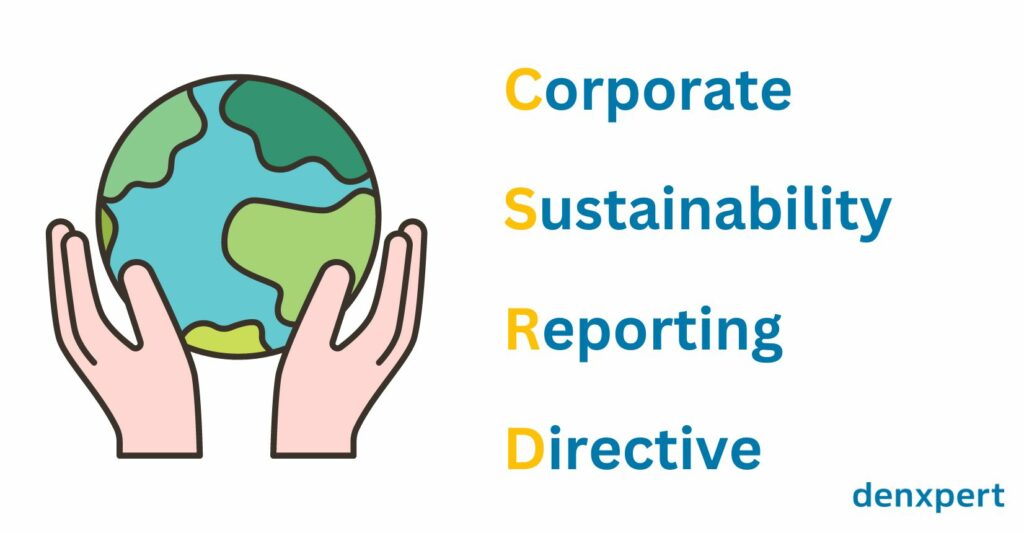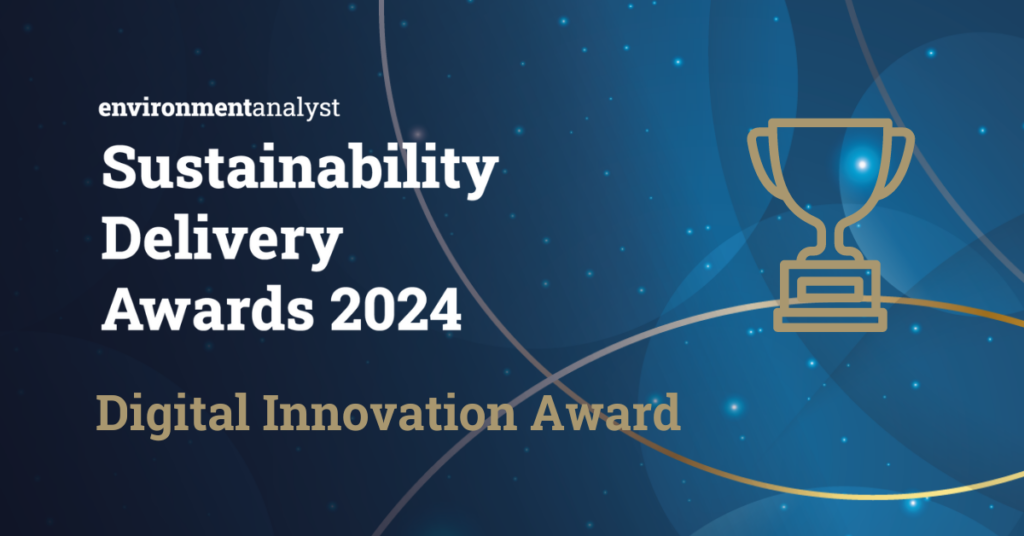As part of the Green Deal, the European Commission decided in 2021 to review and renew the status of the current Sustainability Reporting Documents (NFRDs).
The Green Deal, adopted in 2020, includes the European Union’s sustainability targets, which aim to eliminate net greenhouse gas emissions by 2050, decouple economic growth from resource use, and protect biodiversity and natural capital, among other things.
The European Commission has recognized the importance of the sustainability reporting quality and quantity of data relevant from an ESG (environmental, social, and governance) perspective for assessing sustainability risks and their impact on companies. As a result, the EU has reviewed its sustainability reporting practices and designed measures to help companies provide more accurate and reliable data on sustainability risks and their impact on people and the environment.
Exactly who will be affected, when and how, and what can those involved do to prepare for the new sustainability reporting requirements? In this blogpost, we explore the issues raised by the new rules in more detail.
The basics: What are ESG and CSRD?

The concept of ESG has become popular in the investment world, and more and more companies and investors are using it to define sustainable and responsible investment strategies. ESG factors assess companies’ environmental impacts (e.g., emissions, use of natural resources), social responsibility (e.g., employee well-being, human rights, community impacts), and governance practices (e.g., corporate governance, risk management, ethics).

Why do we need CSRD?
The availability and transparency of sustainability reporting data are currently inadequate at the national and company levels. Many companies do not disclose sustainability information, while large companies regularly do so in PDFs of hundreds of pages. For this reason, sustainability reports are often difficult to interpret and process.
There are also problems with the quality of the data in the sustainability reports, which are usually insufficiently detailed or unreliable. In addition, companies often make subjective decisions about which areas to disclose information on, further complicating the comparison and analysis of sustainability reports.
Furthermore, rating systems based on sustainability criteria often give companies different ratings, which is a problem for both companies and investors. In addition, it is often difficult for companies to access information about their suppliers and customers, which leads to significant costs for them in data collection and sustainability reporting.
This situation highlights the need to improve regulations and make companies’ sustainability practices more transparent and comparable to improve the availability and quality of sustainability reporting data.







